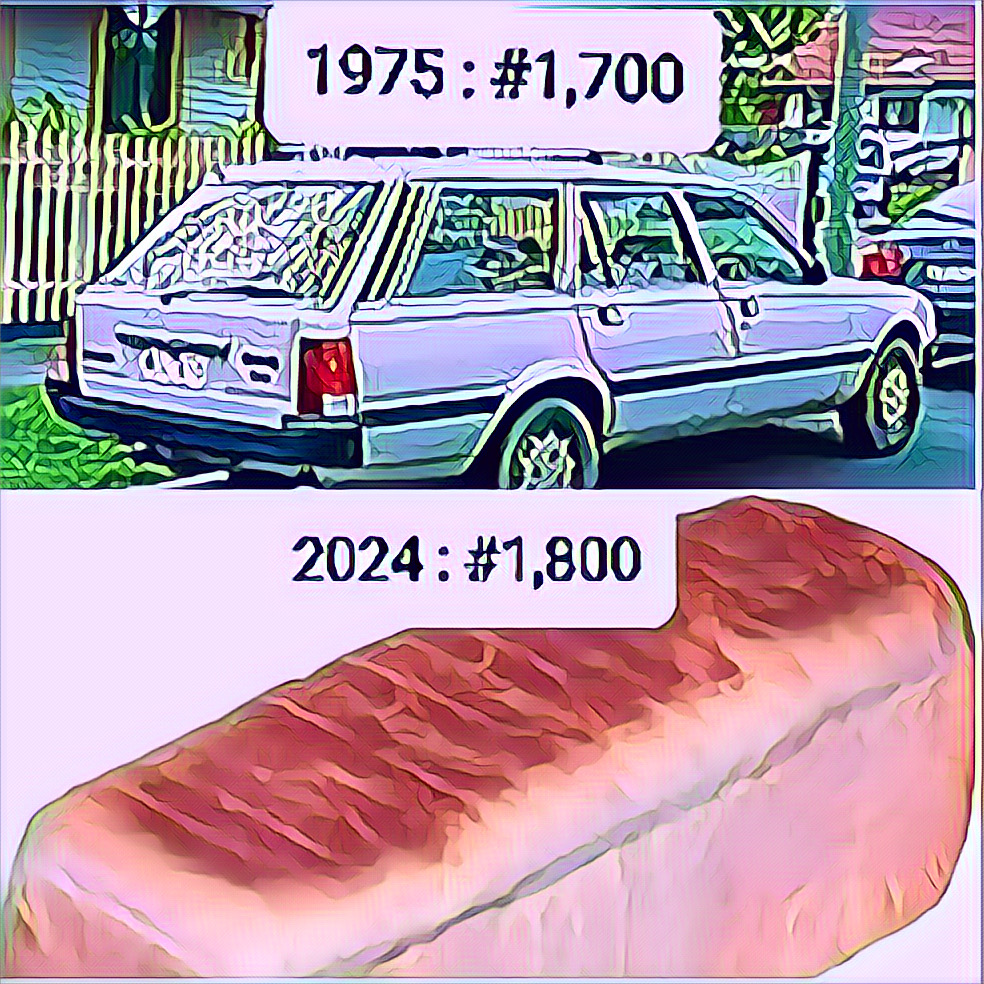The price of goods has undergone a staggering transformation since 1975, painting a vivid picture of the relentless march of inflation. Back then, one could acquire a car for a modest N1700, a figure that now barely covers the cost of a loaf of bread. This stark revelation underscores the profound economic shifts that have shaped our world over the past five decades.
As we delve into the annals of economic history, the contrast between past and present becomes increasingly stark. In 1975, Nigeria’s economy was in a vastly different state compared to today. The Naira wielded a much stronger purchasing power, with N1700 representing a considerable sum. Fast forward to 2024, and the landscape has evolved dramatically. Inflation has eroded the value of currency, leading to a significant uptick in prices across the board.
To put things into perspective, let’s examine the cost of basic necessities. A loaf of bread, once a staple commodity accessible to all, now commands a price tag equivalent to that of a car in 1975. This astonishing disparity speaks volumes about the challenges faced by consumers in navigating today’s economic climate. With wages struggling to keep pace with rising costs, many find themselves grappling with financial strain on a daily basis.
The implications of this inflationary trend extend far beyond individual wallets. Businesses must contend with higher operating expenses, leading to increased prices for goods and services. This, in turn, can dampen consumer spending and hinder economic growth. It’s a vicious cycle that threatens to undermine the stability of our economy if left unchecked.
As policymakers grapple with the daunting task of taming inflation, there are glimmers of hope on the horizon. Initiatives aimed at bolstering economic resilience and promoting sustainable growth hold promise for a brighter future. By implementing prudent fiscal policies and fostering an environment conducive to investment, we can strive towards a more equitable and prosperous society for all.
Source: Business Day


